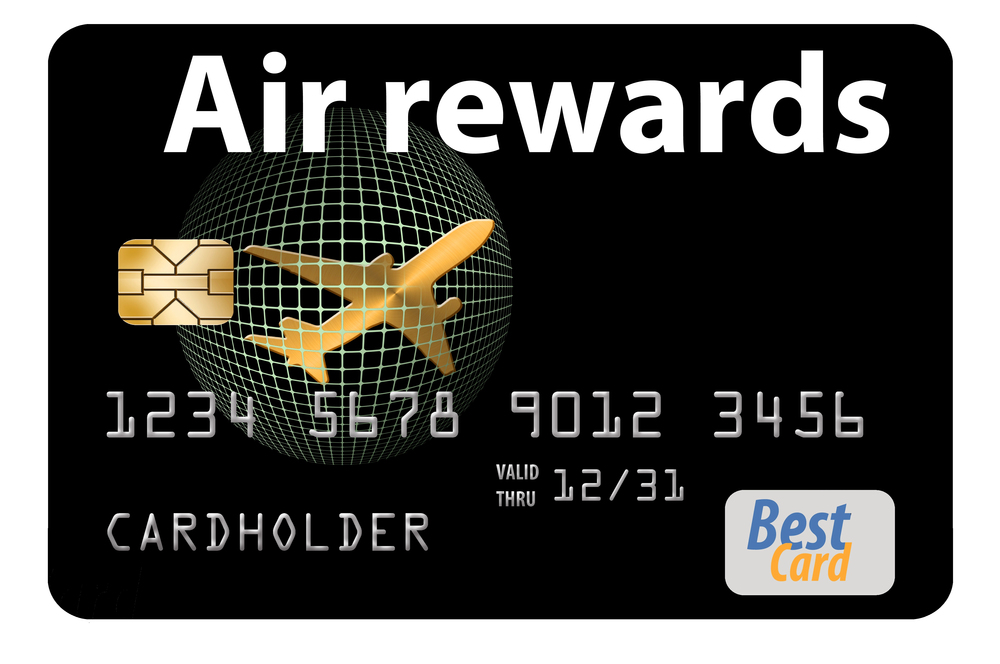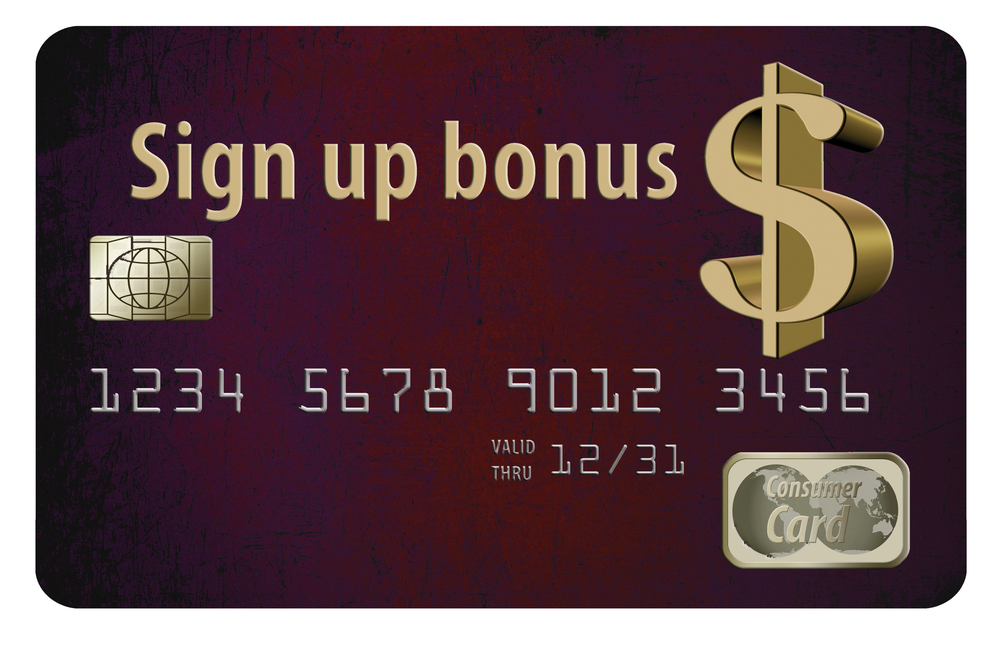Travel credit cards can unlock free flights and hotel stays, though most people barely tap into their true potential. Banks design these programs to generate profit, yet savvy travelers have uncovered methods to maximize rewards that extend well beyond basic spending. These aren’t exactly hidden secrets — they’re just not prominently advertised.
Credit card companies prefer customers who use their cards casually without optimizing earning potential. Here are 15 clever tricks that’ll help you accumulate points faster than banks would like.
Sign-Up Bonus Stacking

Multiple credit cards from the same bank family often carry separate sign-up bonuses, even when they share identical rewards programs. You can apply for different cards within a few months and earn each welcome bonus independently. Strategic spacing of applications matters most — along with meeting each spending requirement without busting your budget. This approach works particularly well with airlines offering both personal and business card versions.
Manufactured Spending

This technique creates artificial spending to meet minimum requirements or earn bonus points without actually spending money on regular purchases. Common methods include purchasing gift cards at grocery stores that offer bonus points, then using those cards to pay bills or converting them back to cash through money orders. It requires careful planning and understanding fee structures — but can generate thousands of bonus points monthly. The most successful practitioners treat it like a part-time hobby rather than a get-rich-quick scheme.
Category Cycling

Credit cards frequently rotate their bonus categories quarterly, and smart users plan purchases around these cycles. Instead of buying everything as needed, you can stockpile non-perishable items during relevant bonus periods. For instance, if gas stations offer 5x points this quarter — you might buy gift cards for restaurants you’ll visit later. This strategy demands organization and upfront cash flow, though it can easily double or triple your earning rate on everyday expenses.
Business Card Loopholes

Many banks offer business credit cards with generous sign-up bonuses, even for sole proprietorships or side hustles generating minimal income. You don’t need to be a major corporation to qualify for these cards — and they often have higher earning rates than personal cards. The application process might seem intimidating, yet selling items online or doing freelance work occasionally can justify a business card application. These cards also typically don’t count toward the 5/24 rule that limits personal card approvals.
Transfer Partner Sweet Spots

Credit card points often transfer to airline and hotel partners at a 1:1 ratio, though redemption value varies dramatically between partners. Some airline programs offer outsized value for certain routes or cabin classes — while others provide poor value across the board. Researching these sweet spots before transferring points can mean the difference between getting 1 cent or 5 cents per point in value. The best deals often involve international first-class flights or luxury hotel stays in expensive destinations.
Downgrade Instead of Cancel

When annual fees come due, many cardholders simply cancel their cards and lose all accumulated points. A better strategy involves downgrading to a no-fee version of the same card — which preserves your credit history and keeps points active. Most major banks offer fee-free versions of their premium travel cards with reduced benefits but the same points currency. This approach maintains your relationship with the bank and keeps you eligible for upgrade offers or retention bonuses down the road.
Referral Farming

Credit card referral bonuses can be incredibly lucrative — often worth 10,000 to 20,000 points per approved application. The most successful referrers focus on educating friends and family about benefits rather than pushing products they don’t need. Social media groups and online communities also provide opportunities to share referral links with interested parties. Some cards even offer unlimited referral bonuses throughout the year — making this a sustainable long-term strategy.
Shopping Portal Stacking

Many credit card companies operate online shopping portals that offer bonus points for purchases at popular retailers. You can often stack these bonuses with credit card rewards and store loyalty programs for triple-dipping opportunities. The key is checking portal rates before making any online purchase — as they frequently change, and some retailers offer significantly better rates than others. Browser extensions can automate this process and ensure you never miss available bonuses.
Retention Offer Negotiations

When you call to cancel a credit card due to its annual fee — customer service representatives often have authority to offer retention bonuses to keep you as a customer. These offers might include statement credits, bonus points, or fee waivers that make keeping the card worthwhile. The key is being genuinely prepared to cancel and having specific reasons for your decision. Representatives are more likely to offer meaningful retention bonuses to customers who use their cards regularly and have good payment histories.
Anniversary Night Certificates

Hotel credit cards often provide free night certificates on your account anniversary, but these certificates usually come with category restrictions that limit their usefulness. However, you can often combine these certificates with cash or points to book higher-category properties at a significant discount. Some hotel programs also allow you to use certificates at partner properties or during peak seasons when rooms would otherwise be unavailable. Planning vacations around certificate expiration dates maximizes their value.
Status Challenges

Many hotel and airline loyalty programs offer status challenges that allow you to earn elite status faster than through normal activity. These challenges typically require meeting certain spending or stay requirements within a shortened timeframe — often 90 days instead of a full year. Credit card spending can sometimes count toward these challenges, and the elite benefits earned can be worth thousands of dollars in upgrades and perks. The key is timing these challenges when you have legitimate travel planned.
Family Pooling

Some credit card programs allow family members to pool their points into a single account, effectively multiplying your earning potential. Each family member can earn sign-up bonuses on their own cards while contributing to a shared goal like a luxury vacation or premium cabin flights. This strategy works especially well for large families or when planning group trips. The account holder maintains control over redemptions while benefiting from everyone’s combined earning power.
Timing Annual Fees

Credit card annual fees typically post on your account anniversary, but you often have 30 days to cancel and receive a full refund. This window allows you to use annual benefits like airline credits or hotel nights before deciding whether to keep the card. Some benefits reset on the calendar year rather than your anniversary, creating opportunities to double-dip by timing your cancellation strategically. Understanding these timing quirks can effectively reduce the cost of premium travel cards.
Mistake Fares and Award Availability

Credit card points become extremely valuable when mistake fares or exceptional award availability appear. Airlines occasionally publish incorrect prices or release large blocks of award seats, creating opportunities for outsized redemptions. Having a flexible points balance across multiple programs positions you to take advantage of these opportunities when they arise. The key is following deal alert websites and being ready to book quickly when exceptional value appears.
Churning Ethically

The practice of opening credit cards for sign-up bonuses, then closing them after earning the rewards, can be highly profitable when done responsibly. The key is maintaining excellent credit by paying all balances in full and spacing out applications appropriately. Some banks have specific rules about how often you can earn their bonuses, but these restrictions vary widely between issuers. Successful churning requires detailed record-keeping and a long-term perspective on credit health.
The Points Game Never Ends

These strategies represent just the beginning of what’s possible in the travel rewards game. Banks continuously adjust their programs to limit the most profitable techniques, but new opportunities constantly emerge as the industry evolves. The most successful points enthusiasts treat this as an ongoing education rather than a one-time learning experience. Your ability to travel for free or at steep discounts depends on staying informed about program changes and adapting your strategies accordingly.
More from Travel Pug

- 20 Best Beach Towns in the Carolinas
- 13 Destinations Where Tourists Regularly Regret Their Trip
- 20 Things You Actually Get in First Class
- 20 Small Airports With Aviation Museums
- 20 Places in the U.S. That Are Perfect for a Reset Trip
Like Travel Pug’s content? Follow us on MSN.
